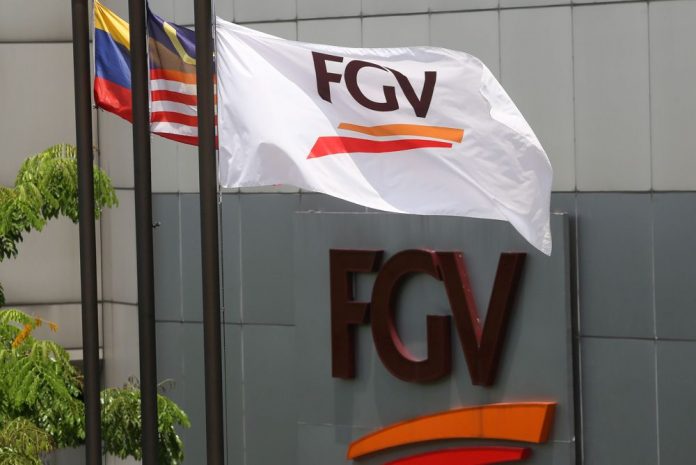.jpg)
KUALA LUMPUR, Dec 14 — FGV Holdings Bhd has given its high commitment and taken appropriate action to get the Withhold Release Order (WRO) repealed since the petition was submitted concerning allegations of using forced labour in oil palm plantations, said Minister in the Prime Minister’s Department (Economy) Datuk Seri Mustapa Mohamed
He said on Oct 8, FGV communicated with the United States Customs and Border Protection (CBP) through a conference call for clarification on the allegations and the steps that must be taken by FGV for the cancellation of the WRO.
“However, the CBP could not disclose information found and did not disclose any other information about the outcome of its investigation, including the nature or location of incidents related to such indications.
“However, the CBP informed FGV that it would consider a petition for the WRO cancellation along with information or reports resulting from an audit by a reliable third-party audit firm, and not in favour of any party,” he told the Dewan Rakyat today.
He was replying a question from Datuk Seri Dr Shahidan Kassim (BN-Arau) who wanted to know about the government’s efforts to address the US allegations that FGV Holdings used forced labour in the production of palm oil products.
At the same time, Mustapa said FGV is currently communicating with several independent organisations to seek options in conducting audits for FGV’s operations in the future.
“FGV has also taken action to improve the foreign labour recruitment system and set appropriate employee standards in ensuring the welfare of workers is maintained in line with human rights,” he said.
Among the efforts that have been made by FGV were implementing electronic cash payments (e-wallets) for plantation workers using the Merchantrade Money mobile application under Merchantrade Asia Sdn Bhd, and aims to implement this system to its entire plantation sector, including in Sabah and Sarawak by the first quarter of 2021.
FGV has also invested almost RM350 million to upgrade housing facilities by building new homes on plantations nationwide over the next three years.
It has set up four one-stop centres in Malaysia and in source countries such as India and Indonesia, to strengthen the orientation programme before the release and arrival of migrant workers who would be given information on various matters, including conditions of their occupation, scope of employment and nature of employment, rights and responsibilities, as well as benefits and eligibility.
“FGV is committed to bear the costs associated with hiring migrant workers which include work permits, visas, health checks and insurance. FGV has also reviewed the contract with the recruitment agency to ensure the workers involved are not charged any fees,” he said.
FGV also respects the rights of employees through the health benefits provided, including incurring annual expenses for outpatient treatment, as well as unlimited provision for hospital treatment.
“FGV does not keep employees’ passports, in fact has provided 32,250 passport safes throughout 68 complexes as an option for employees to safeguard their passports,” he said.
FGV also took the initiative to create 11 Community Learning Centres (CLCs) in Sahabat and Kinabatangan, Sabah by investing RM5 million in the CLC project which serves as an alternative learning centre for the children of Indonesian workers who are the majority of FGV plantation workers in Sabah. — Bernama


